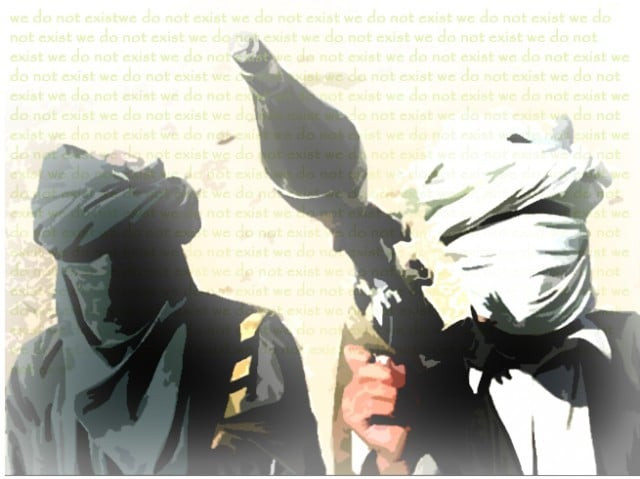Will the Taliban talk peace?
The Taliban leaders worth talking to are mostly located in Pakistan; hence Pakistan should be approached.

The situation remains fluid and there are reports that some kind of process is on to lure the Taliban to the American side. One report says that 1,700 fighters have agreed to join the ‘peace programme’. But the Taliban are 40,000 strong and are mostly in the south. And the south is not talking.
And if the south is not talking, the fighters of the north, where the insurgency is weak, may renege later if al Qaeda gets the Taliban back on the warpath. The Taliban leaders worth talking to are mostly located in Pakistan; hence Pakistan should be approached. And Pakistan is angry and full of defiance. Some Americans at the top are aware of this and are in favour of not offending Pakistan too much. They even suggest that the Americans should pocket some pride in order to benefit at a later stage, when US President Barack Obama is able to show that he has started withdrawing troops without hurting America’s security.
Money is being shelled out generously to the Taliban who wish to talk. This is bound to fail because the Afghan rule is: Take the money but yield no ground. (Pakistan has tried this and suffered). Afghan President Hamid Karzai is happy, thinking that the Taliban will be in talks, which might strengthen his tenuous hold on Afghanistan. But the truth is that if the Taliban that matter start talking, Karzai will have to pack his bags and leave. He is aware of this and is talking to Pakistan in order to open up options in the event that this happens. Yet everybody thinks that Americans can’t win this war but that it can leave only after talking to the Taliban.
Pakistan has its own angle, but it is isolationist because it doesn’t convince anyone outside Pakistan. It wants a share in the process that underpins the departure of the Americans and wants an Afghanistan that doesn’t threaten its security — and that means doing something to lessen India’s presence in the country. The world can’t understand this because it wants Pakistan to normalise relations with India by plucking the Pakistan Army out of its paradigm of permanent India-centric war mode. Also, it knows that Pakistan’s hold on the Taliban is dubious and that, at the best of times, Afghan warlords like Gulbuddin Hekmatyar whom Islamabad supported were not willing to back its policies to the hilt.
There are more complications. Pakistan is in the process of changing its threat-perception from anti-terrorist to anti-American. Pakistani analysts agree that the Americans will never leave Afghanistan but will have a considerable residual presence there to bother Pakistan by targeting its nuclear weapons in a kind of nutcracker strategy in tandem with India. They think that after the American exit more drone attacks will take place and that India will start acting up too. But Pakistan’s anti-American strategy is sharply isolationist and can succeed only if al Qaeda undergoes a transformation and stops killing Pakistanis.
When one says that the Taliban should be brought around a table to talk peace, one is talking about Pashtuns since, by and large, Taliban supporters come from Pashtun dominated southern and eastern Afghanistan. As history shows, they are persistent in fighting wars, creating long deadlocks before a final pyrrhic victory — most historians point to foreign invaders getting bogged down in Afghanistan without mentioning the suffering imposed on the Afghan nation.
Pakistan must honestly participate in a UN-backed process of talks among the main stakeholders in Afghanistan and cooperate with the US in the achievement of peaceful borders and an elimination of al Qaeda’s jihad against Pakistan. As it jockeys for a place of advantage, Islamabad should see to it that more flexible players in the game don’t end up isolating it because of its inflexibility.
Published in The Express Tribune, June 21st, 2011.



















COMMENTS
Comments are moderated and generally will be posted if they are on-topic and not abusive.
For more information, please see our Comments FAQ